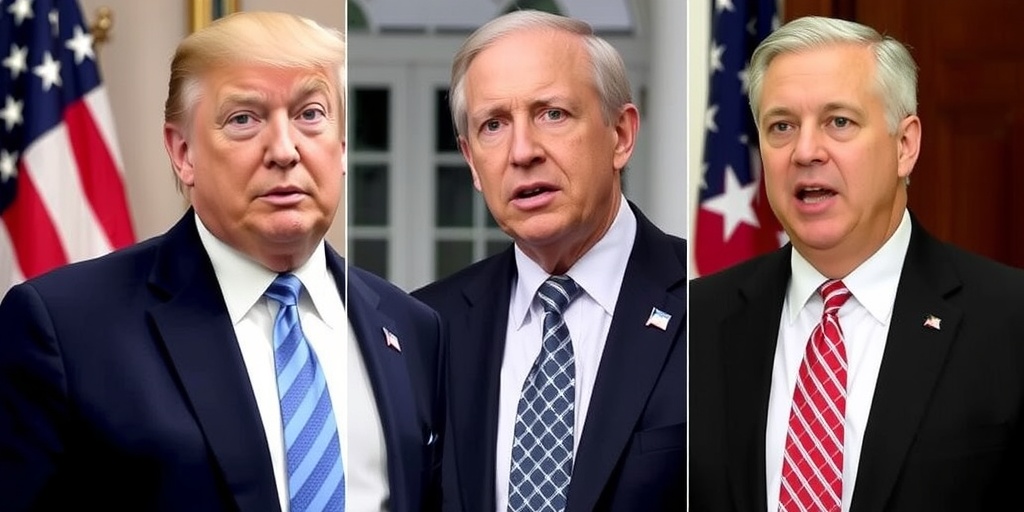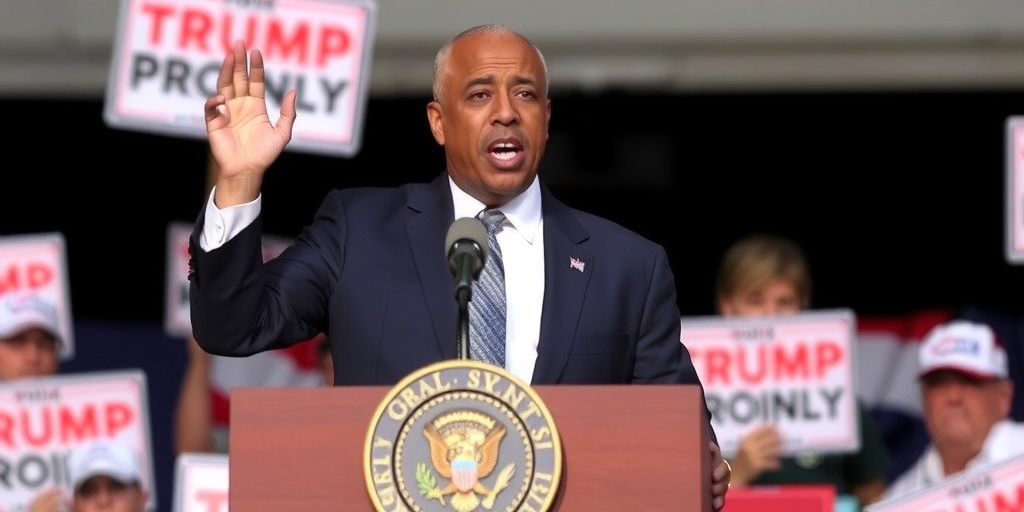Now Reading: Trump’s Return Grants Netanyahu Greater Freedom on Gaza
-
01
Trump’s Return Grants Netanyahu Greater Freedom on Gaza
Trump’s Return Grants Netanyahu Greater Freedom on Gaza

Title: The Changing Dynamics of Israeli-Gaza Conflict Under Trump’s Leadership
In the intricate landscape of international politics, the recent escalation of violence in the Gaza Strip by Israel—a move that has resulted in more than a thousand casualties—would typically provoke significant backlash from Western leaders, particularly from the United States. However, the political environment has shifted dramatically. The absence of President Joseph R. Biden Jr. has left a vacuum that has emboldened Israel’s Prime Minister Benjamin Netanyahu, allowing him to pursue an aggressive military campaign without the usual constraints.
When Biden was in office, he attempted to temper Netanyahu’s more aggressive impulses, often calling for restraint during the Israeli military operations in Gaza. The clear message from the former U.S. administration was a balancing act aimed at supporting Israel’s right to defend itself while also acknowledging the need to protect civilian lives. In stark contrast, President Donald Trump’s current approach has shifted to a more permissive stance regarding Israel’s actions, largely refraining from public criticism of Netanyahu’s military decisions amidst the intense violence.
In recent appearances, including one notable meeting in the Oval Office, Trump showered praise on Netanyahu, labeling him as "a great leader." In this atmosphere, Netanyahu has forged a stronger political coalition in Israel’s Knesset, granting him unprecedented liberty to act without concern for international repercussions or public disapproval from Western allies.
The Israeli military’s renewed offensive comes after a brief ceasefire of only two months, during which tension was temporarily alleviated but not resolved. With the lack of significant diplomatic pressure from Western nations and a distracted Europe grappling with its internal strife, Netanyahu seems increasingly confident in executing his agenda, including further actions in Gaza, Lebanon, and Syria.
According to Sanam Vakil, director of the Middle East and North Africa program at Chatham House, Netanyahu appears to be taking full advantage of what he perceives as a broader latitude to act. Trump’s relative silence on the issue—especially after disclosures about devastating strikes on Palestinian civilian infrastructure—signals a departure from the previous administration’s engagement and criticism.
Critics argue that Netanyahu has leveraged this international inattention to bolster his own political standing while promoting contentious policies without fear of repercussions. The situation has allowed him to resume his controversial plans to overhaul Israel’s judiciary, an initiative seen as a significant threat to the country’s democratic fabric.
Furthermore, the humanitarian crisis in Gaza continues to deteriorate, with Israel barring the entry of aid for over a month. Military actions have not only led to a staggering death toll, with over 50,000 Palestinian fatalities reported since the onset of conflict with Hamas, but they have also intensified pressures on regional relationships and the stability of neighboring countries like Lebanon and Syria.
While historically, Netanyahu would have faced pushback from Western political circles, current observers note that opposition to his military campaign is muted both domestically and internationally. Public sentiment in Israel shows a desire for a resolution rather than support for the ongoing military engagement, reflecting a disconnect between governmental actions and civilian opinions.
The current political dynamics have allowed Netanyahu to consolidate power significantly, an effort marked by the dismissal of opposition figures within his administration and a resolute stance against dissenting voices. The prime minister is further capitalizing on Trump’s tacit endorsement of his actions, leading to a narrative around the normalization of extreme policies previously considered fringe, such as the mass deportation of Palestinians from Gaza.
Most strikingly, Trump’s recent declarations advocating unrestrained territorial ambitions for Israel, including plans to establish a resort-like state in Gaza for Jewish settlers, have emboldened discussions within Israel about controlling the region indefinitely.
As Netanyahu speaks publicly about exploring countries willing to accept displaced Palestinians, the lack of realistic options—given Egypt and Jordan’s refusals to take in refugees—highlights the precarious situation faced by those affected by the conflict. Such policies, once relegated to the extremes of the political spectrum in Israel, are now gaining traction amid an administration that appears to condone them.
In summary, under Trump’s leadership, the political and military landscape concerning Israel’s actions in Gaza has experienced a profound transformation. The divergence from previous U.S. administrations has not only provided Netanyahu with a newfound sense of autonomy but has also altered the trajectory of military engagement and regional diplomacy. The humanitarian implications of this shift are grave, setting the stage for a prolonged conflict with dire consequences for both Israeli and Palestinian populations.
Stay Informed With the Latest & Most Important News
Previous Post
Next Post
-
 01New technology breakthrough has everyone talking right now
01New technology breakthrough has everyone talking right now -
 02Unbelievable life hack everyone needs to try today
02Unbelievable life hack everyone needs to try today -
 03Fascinating discovery found buried deep beneath the ocean
03Fascinating discovery found buried deep beneath the ocean -
 04Man invents genius device that solves everyday problems
04Man invents genius device that solves everyday problems -
 05Shocking discovery that changes what we know forever
05Shocking discovery that changes what we know forever -
 06Internet goes wild over celebrity’s unexpected fashion choice
06Internet goes wild over celebrity’s unexpected fashion choice -
 07Rare animal sighting stuns scientists and wildlife lovers
07Rare animal sighting stuns scientists and wildlife lovers




















